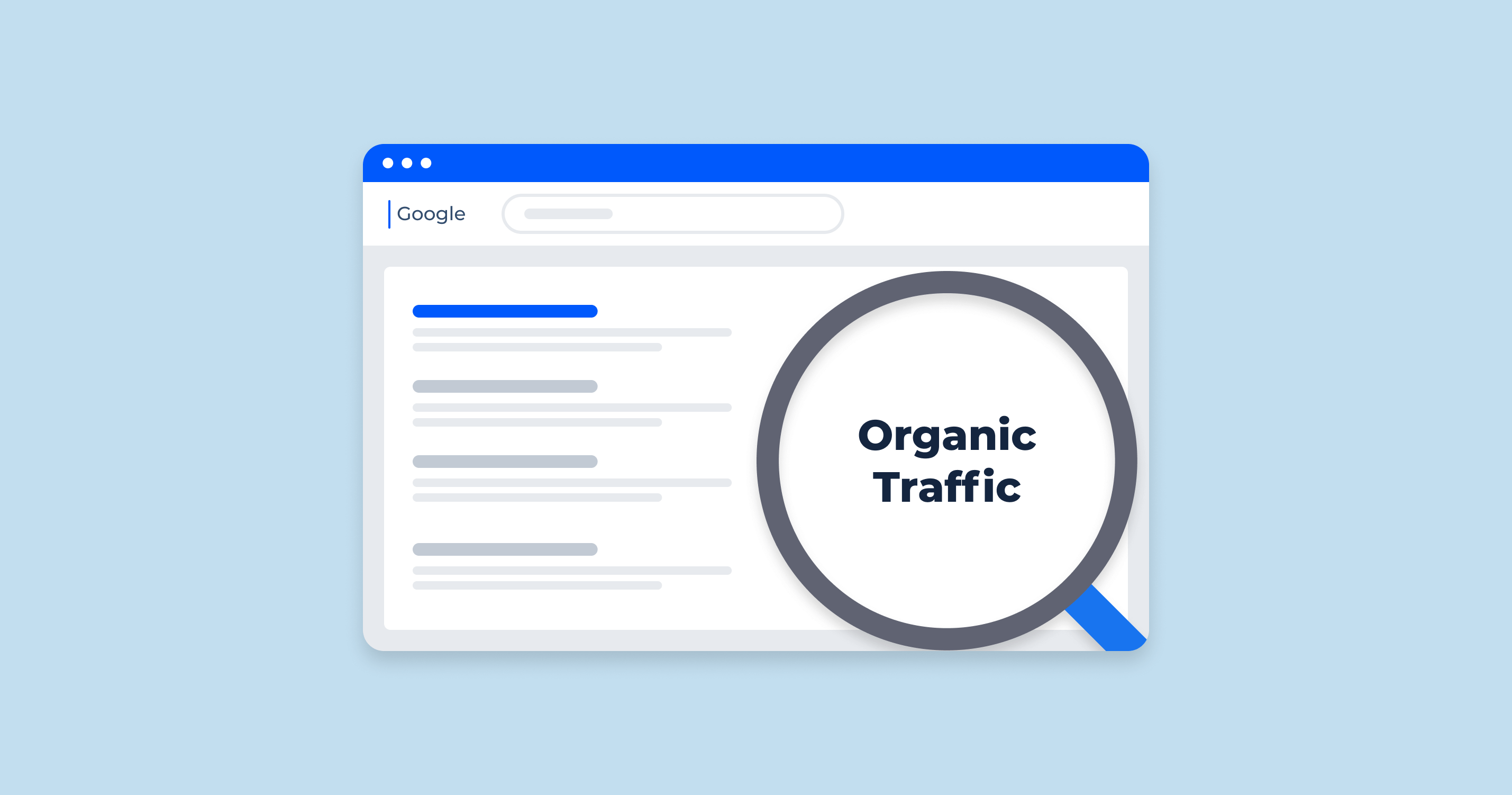What is Organic Search?
Organic search refers to the process of obtaining traffic from search engine results that are not paid for. Unlike paid search ads, which appear at the top of search results and require financial investment, organic search results are determined by algorithms based on the relevance and quality of content. This natural ranking means that sites that provide valuable, relevant information are more likely to appear prominently in search results.
Importance of Organic Search
- Cost-Effectiveness: While SEO (Search Engine Optimization) requires an investment of time and resources, it typically has a better long-term ROI compared to paid search. Once a website achieves good rankings, it can maintain traffic with less ongoing expense.
- Credibility and Trust: Users tend to trust organic search results more than paid ads. A high ranking in search results can boost credibility and attract more visitors.
- Increased Visibility: Being prominently listed in search results increases your visibility to potential customers. The majority of clicks go to the first few organic results, making it essential for businesses to optimize their content effectively.
How Does Organic Search Work?
Search engines like Google use complex algorithms to determine the relevance of web pages to a user’s query. Here are the key factors that influence
organic search rankings:
- Keywords: The use of relevant keywords in content helps search engines understand what your page is about. Keyword research is essential for identifying the terms your target audience uses.
- Content Quality: High-quality, engaging, and informative content is crucial. Search engines prioritize content that provides value to users.
- Backlinks: Links from other reputable sites can enhance your site’s authority. Search engines view backlinks as endorsements, which can improve your ranking.
- User Experience: Factors such as page load speed, mobile-friendliness, and ease of navigation affect user experience, which is a ranking criterion for search engines.
- On-Page SEO: This includes optimizing individual web pages to rank higher and earn more relevant traffic. Elements like meta tags, headings, and internal links play a significant role.
Best Practices for Optimizing for Organic Search
- Conduct Keyword Research: Use tools like Google Keyword Planner to find relevant keywords and phrases that your audience searches for.
- Create Quality Content: Focus on creating comprehensive, valuable content that answers users' questions and fulfills their needs.
- Optimize Meta Tags: Ensure that your title tags and meta descriptions are clear, engaging, and include relevant keywords.
- Improve Site Speed: Use tools like Google PageSpeed Insights to identify and fix issues that slow down your website.
- Build Quality Backlinks: Focus on gaining backlinks from reputable websites in your industry.
- Monitor Performance: Use tools like Google Analytics and Search Console to track your organic search performance and adjust your strategy as needed.
Conclusion
Organic search is a vital part of any digital marketing strategy. By focusing on creating quality content, optimizing for search engines, and understanding user intent, businesses can improve their visibility and attract more organic traffic. While the landscape of SEO is constantly evolving, the fundamental principles of providing value and optimizing for search engines remain crucial for success. Embracing these strategies can lead to sustained growth and a stronger online presence.
